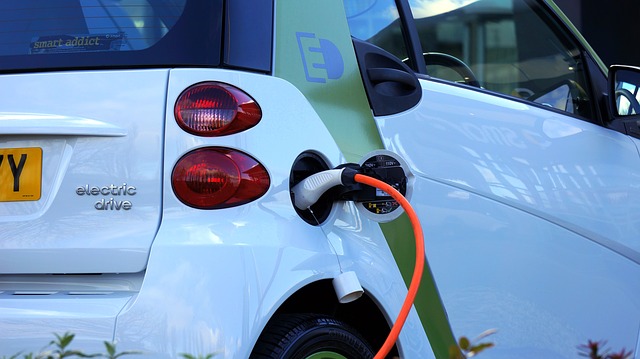Blockchain brings trust to EV charging systems
Researchers from the University of Waterloo have designed an EV charging system that uses blockchain to engender trust between all stakeholders.

The team collaborated with an EV charging service provider that works with property owners to install EV supply equipment, which is then accessed by EV owners for a fee. However, it was found that trust among the parties was low, with no way of knowing if all sides were acting in good faith and honouring agreed payment terms. According to the study, an open, decentralised blockchain platform could ensure that EV owners did not overpay for energy and that property owners were fairly compensated by charging service providers.
Q & A: What does blockchain actually mean for manufacturers?
"Energy services are increasingly being provided by entities that do not have well-established trust relationships with their customers and partners," said Christian Gorenflo, a PhD candidate in Waterloo's David R Cheriton School of Computer Science.
"In this context, blockchains are a promising approach for replacing a central trusted party, for example, making it possible to implement direct peer-to-peer energy trading."
Register now to continue reading
Thanks for visiting The Engineer. You’ve now reached your monthly limit of news stories. Register for free to unlock unlimited access to all of our news coverage, as well as premium content including opinion, in-depth features and special reports.
Benefits of registering
-
In-depth insights and coverage of key emerging trends
-
Unrestricted access to special reports throughout the year
-
Daily technology news delivered straight to your inbox










National Gas receives funding to develop Gravitricity underground hydrogen storage system
One single rock salt mine - Winsford - has 23 <i>MILLION </i>cubic metres of void and even allowing for 10% of that void set aside for hazardous waste...